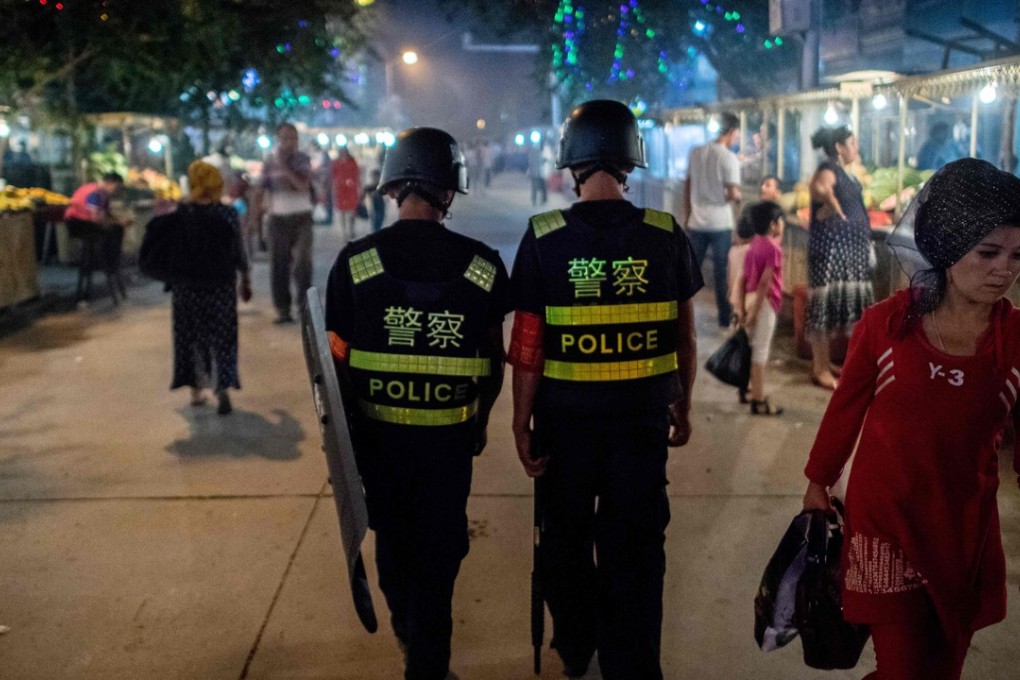Forget Xinjiang’s re-education camps, China’s still a draw for Muslim tourists
- Beijing is under fire internationally for its treatment of Uygur Muslims in Xinjiang
- But that doesn’t appear to have dented its popularity with Muslim tourists

“The food was so good, it made me curious. I wanted to know more about Chinese Muslims,” recalls the British-born food enthusiast of his first encounter with a bowl of lagman – the hand-pulled noodles popular in China’s westernmost province, where Uygur Muslims account for nearly half the population.
Ismailiya, who is Muslim, says he is “100 per cent” still interested in travelling to Xinjiang despite the troubled political situation in the region, where rights groups estimate more than a million people – mostly Muslim Uygurs – are being detained for political indoctrination in what Beijing refers to as “re-education camps”.
Beijing is facing growing international pressure to close the camps, which it says are aimed at providing vocational training to stop militancy spreading following a string of attacks in recent years that it blames on the East Turkestan Islamic Movement. But some critics believe the camps are aimed at suppressing the Uygurs’ religion and way of life, with many residents complaining that even everyday activities like attending a mosque have become cause for suspicion and surveillance.
Despite the tensions, there is little evidence that Beijing’s treatment of the Uygurs – who account for about half of the country’s 22 million Muslims – is discouraging Muslim tourists like Ismailiya from visiting China.
Indeed, not only is China one of the top destinations in Asia for Muslim travellers, its popularity is growing.
Indonesian civil servant Farchan Noor Rachman, who runs the travel blog Efenerr, said the situation in Xinjiang would not stop him from visiting China. “For me as a traveller, I do not only think about one issue in my decision to visit a place.” To Rachman, time and money are the determining factors.